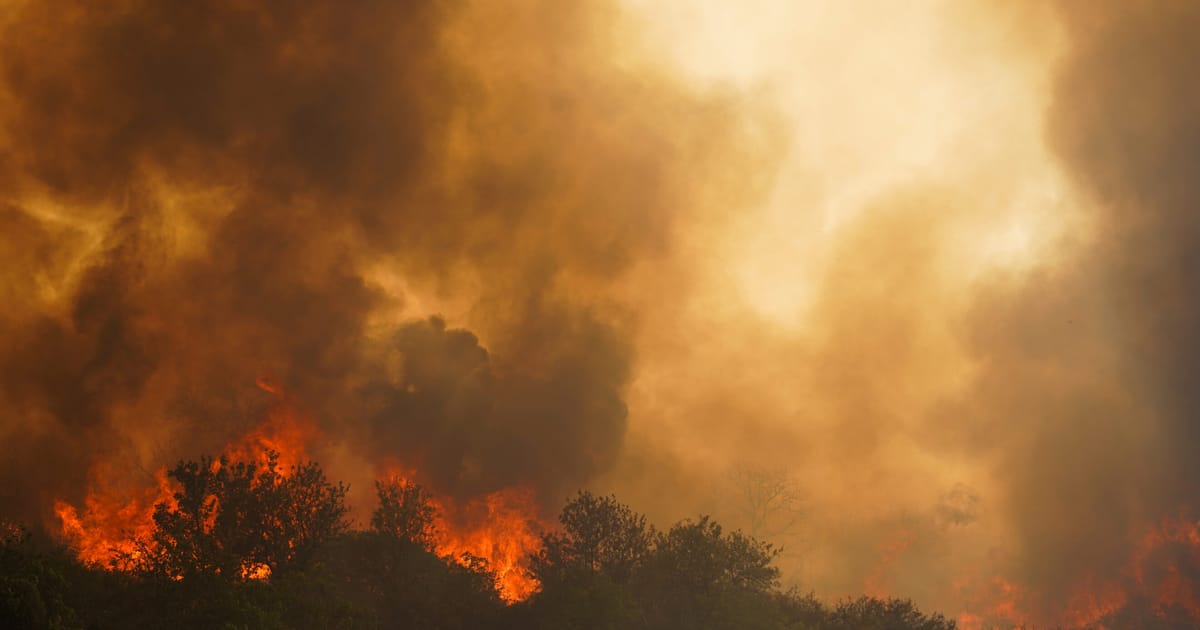

In today’s interconnected world, stories of ecological challenges and promising strides toward sustainability remind us of the delicate dance between human activity and nature. From Southern Europe’s wildfires to the potential return of white storks in London, and groundbreaking climate research in Antarctica, each event underscores the ongoing journey toward harmony with our natural environment.
Across the vibrant landscapes of Southern Europe, the increasing frequency and intensity of wildfires highlight a significant challenge. In Cyprus, recent fires reveal systemic issues in emergency readiness. Local early warning systems faltered, and evacuation plans left communities in disarray. These troubles are part of a broader pattern affecting numerous regions, emphasizing the need for effective crisis management strategies in light of changing climate patterns. Stepping back, we see the necessity for cohesive action, both at local and international levels, to safeguard these areas and their diverse ecosystems from escalating threats.
Meanwhile, in the bustling heart of London, an exciting possibility for positive ecological change is taking shape. Efforts are underway to potentially reintroduce white storks—a symbol of renewal—to the urban skyline. Having disappeared centuries ago due to hunting and loss of habitat, these majestic birds might once again grace the city’s rooftops and parks. Citizen Zoo, an innovative urban rewilding group, is conducting a comprehensive study to map suitable habitats and engage with boroughs and the public. This initiative not only seeks to revive a lost piece of the region’s biodiversity but also aims to foster community engagement and awareness of urban ecosystems’ roles in broader environmental health.
Heading to the frosty expanse of Antarctica, the continent’s ancient ice holds critical secrets that could unlock our understanding of climate change. Researchers from the Université libre de Bruxelles meticulously study ice cores, some of which date back tens of thousands of years. These frozen archives offer an unparalleled view into the planet’s climatic past, providing insights essential for predicting future environmental shifts. By analyzing these natural records, scientists are better equipped to forecast potential impacts of current trends on global weather patterns, sea levels, and ecosystems.
As we encounter these narratives, a common thread connects them: the profound importance of proactive and informed action to cultivate balance between human needs and environmental preservation. Each story, whether rooted in crisis management, ecological revitalization, or climate science, exemplifies the pathways toward a more sustainable coexistence with nature. As global citizens, understanding and participating in these efforts can ignite the collective willpower necessary to protect and nurture our shared home.
Through mindfulness and collaboration, the disturbances and opportunities we face today could pave the way for a world where human and natural systems flourish synergistically, buoyed by resilience and respectful of the intricate web of life. As we look ahead, let us carry forth a shared vision of harmony, where each choice and initiative contributes to a brighter ecological future for all.
Source: {link}
